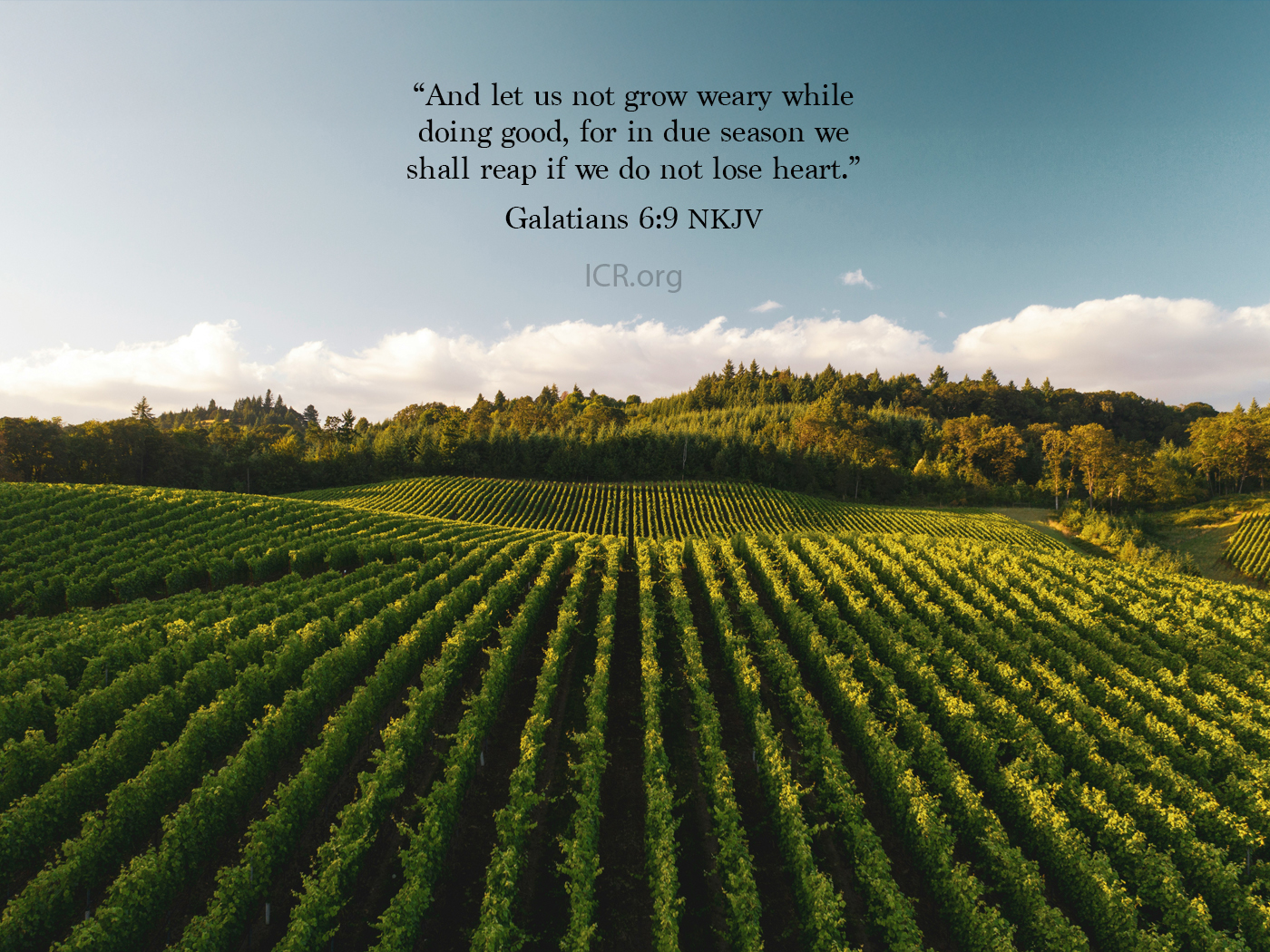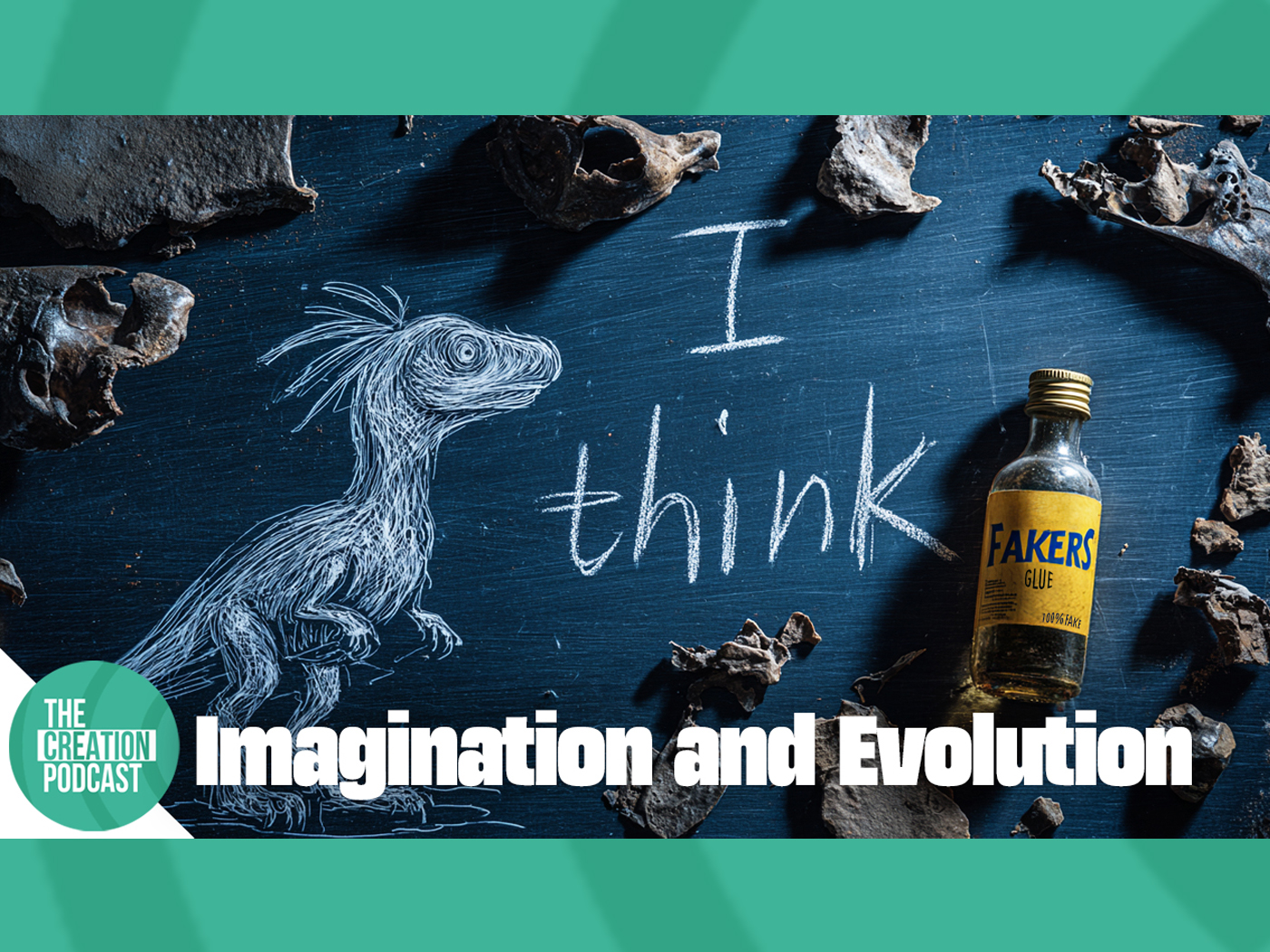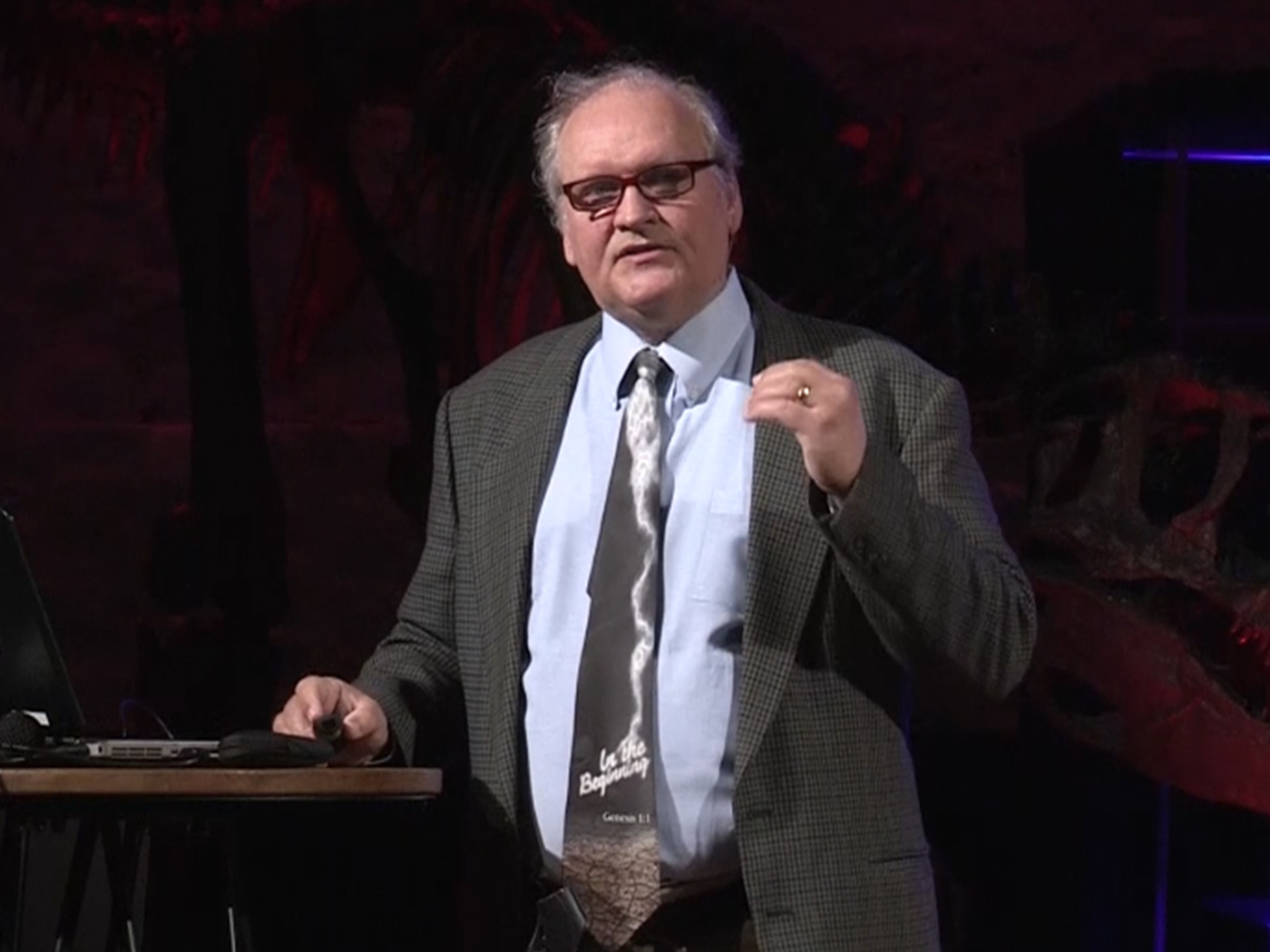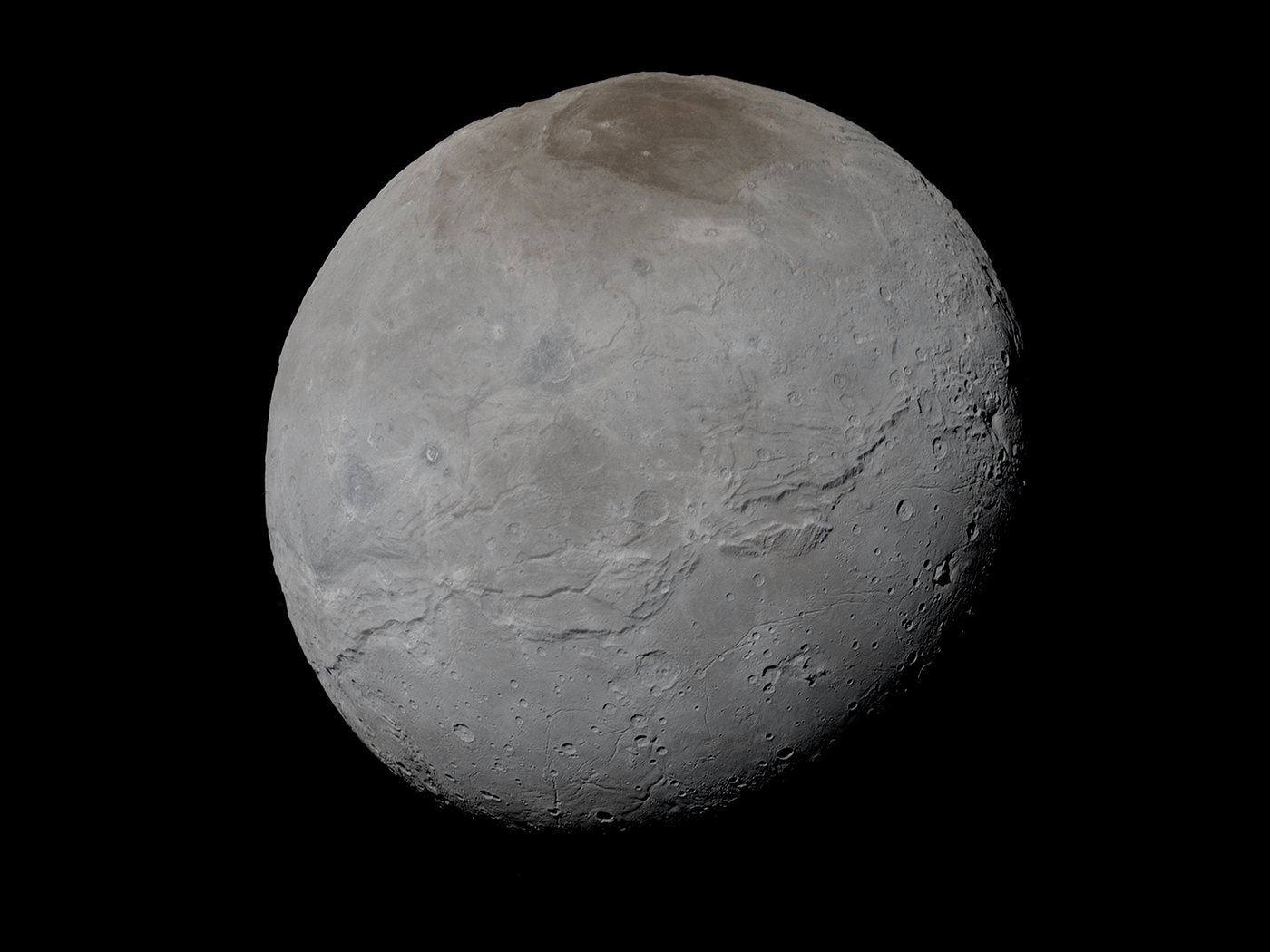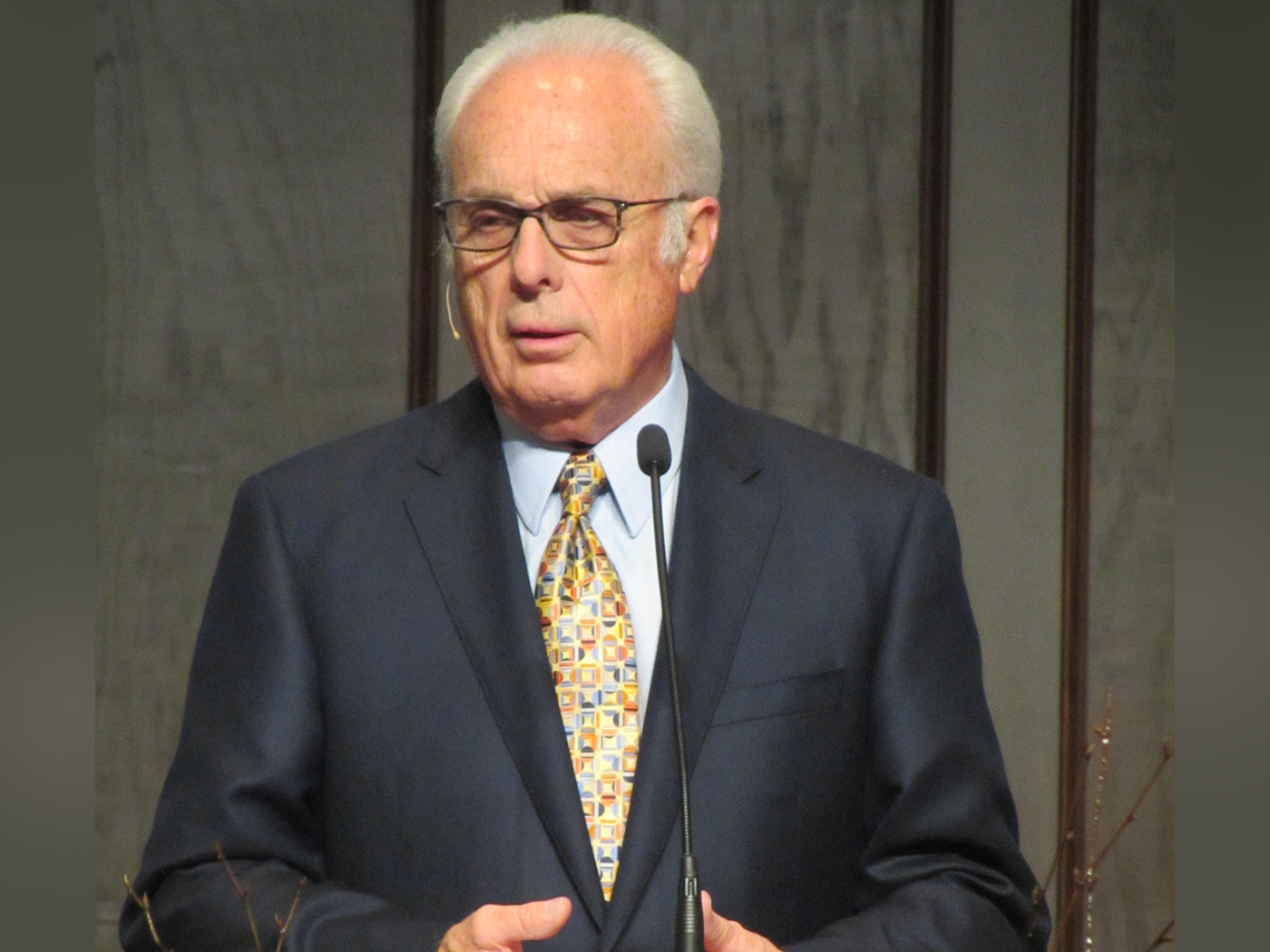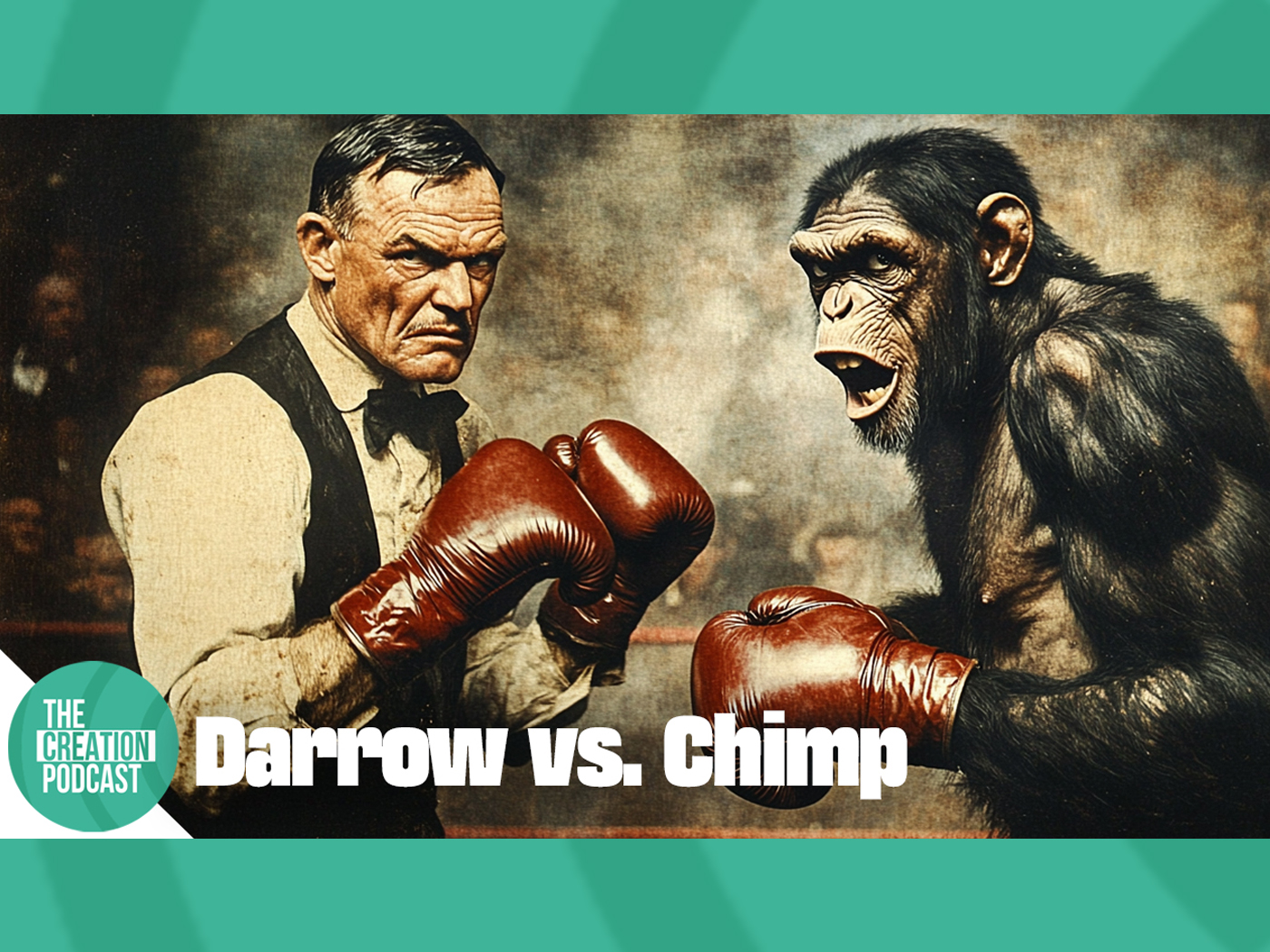Microbiologists contend that instead of increasing complexity, evolution of some systems—like interdependent microbial communities—can occur by losing complexity. How accurate or meaningful is this new idea about "reductive evolution," whereby life evolves by losing genes?1
The authors described their new hypothesis of evolution in the online journal mBio. They formulated this reductive evolution concept after they observed ocean-living bacteria losing genetic information.
The bacteria lost particular vital functions by somehow letting go of the genes that aided those functions. The bacteria survived by relying on nearby microbes to perform that vital task for them. Without devoting resources to that function, the bacteria are free to perform other roles more economically.
To these evolutionists, when bacteria lose genes, "reductive genome evolution" is occurring. But they admitted, "There is a tendency in evolutionary discourse to describe life's history as a progression towards increasing complexity." So has evolutionary discourse been misguided? Instead of simple-to-complex, was life's history instead filled with complex-to-simple evolutionary changes such as bacteria losing certain genes?
Life's history is often described as a progression because without a Creator, transforming hydrogen into humans required some kind of natural progression. One cannot climb a hill by falling down a hole.
But these study authors inadvertently showed why the story of simple-to-complex evolution is not scientific. They did not observe nature constructing bacterial genes, but they did observe bacteria losing genes. Gene loss may be termed "evolution" by some, but it provides absolutely no support for big-picture evolution. If evolution describes both the reduction and addition of genes, then it really doesn't describe anything.
Reference
- Morris, J.J., R.E. Lenski, and E.R. Zinser. 2012. The Black Queen Hypothesis: Evolution of Dependencies through Adaptive Gene Loss. mBio. 3(2): e00036-12.
* Mr. Thomas is Science Writer at the Institute for Creation Research.
Article posted on April 30, 2012.





